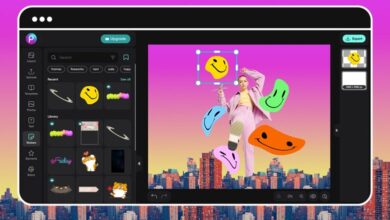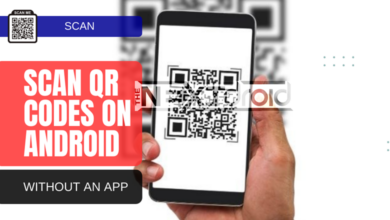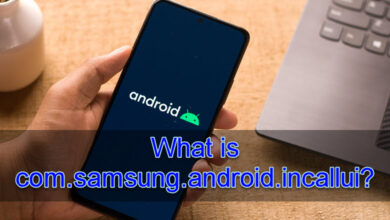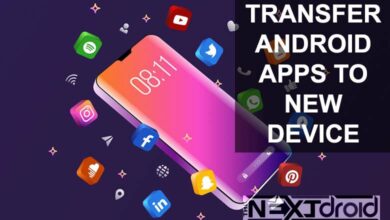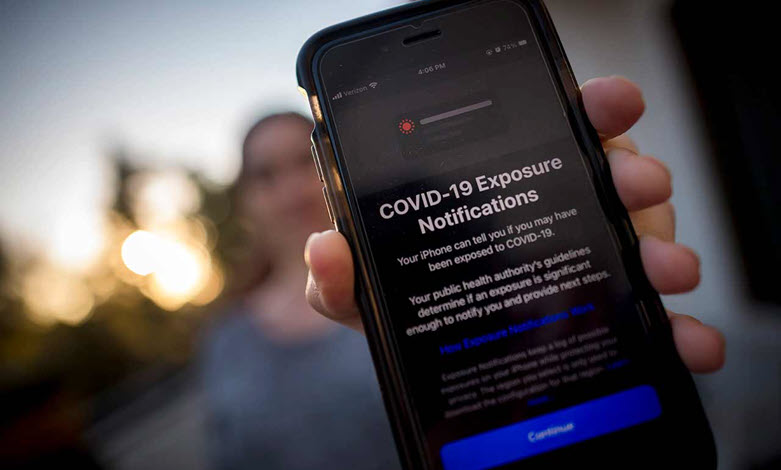
As we navigate our way through the global pandemic, it is increasingly evident that technology plays a vital role in our battle against COVID-19. A plethora of innovative tech solutions has emerged, designed to help society adapt to new norms, facilitate remote working, and critically, to enhance our ability to track and trace the virus. Among the significant tech giants, Apple has made a meaningful contribution by introducing the Exposure Notifications System in their devices, including the latest Apple iPhone 14, 13, 12, 11 etc.. This system is a breakthrough in making COVID-19 contact tracing faster and more efficient for public health authorities.
Table of Contents
Understanding Exposure Notifications
Exposure Notifications are an intelligent feature designed to alert users if they’ve been in close contact with someone who has tested positive for COVID-19. Utilizing Bluetooth technology, it exchanges anonymous identifiers with nearby devices. If a user tests positive for COVID-19 and chooses to share this information, any individual who was in close contact with them will receive an Exposure Notification.
The Working Principle
The Exposure Notifications System is a privacy-centric feature. It functions by using random Bluetooth identifiers that change frequently and are not linked to a user’s identity or location. This data, collected and processed directly on the device, is only shared with health authorities if a user decides to report a positive diagnosis.
Managing Notifications on iPhone 14, 13, 12, 11 etc.
Apple gives its users full control over this feature, which is disabled by default. Users can manage Exposure Notifications from the Settings app on their iPhone. This includes enabling or disabling the feature, checking for exposures, and determining which app has access to the data.
FAQs
- How to turn off COVID-19 Exposure Notifications on iPhone etc.? You can disable Exposure Notifications by heading to Settings > Exposure Notifications and toggling off the feature.
- How to check for exposures in the iPhone ? To check for exposures, go to Settings > Exposure Notifications > View Exposures in App. This will direct you to the app using Exposure Notifications .
- Is my personal data safe with the Exposure Notifications System? Yes, the system is designed with privacy in mind. It uses random Bluetooth identifiers, not linked to a user’s identity or location, and data is only shared with health authorities if the user decides to report a positive diagnosis.
- How to install an exposure app on iPhone? Go to the App Store and follow the instructions on the screen to download and install the app.
- How to silence all notifications on iPhone? You can silence all notifications by turning on the ‘Do Not Disturb’ option in your settings.
- Can I stop receiving availability alerts for COVID-19 tracking apps? Yes, you can disable ‘Availability Alerts’ in the Exposure Notifications settings.
Fine-Tuning Your Exposure Notifications
Apple’s Exposure Notifications System respects your individual preferences. If you wish to stop receiving availability alerts when a COVID-19 tracking app is available in your area, simply head to Settings > Exposure Notifications and turn off the “Availability Alerts” option. This gives you the power to manage your exposure information as per your comfort and need.
Interacting With Other Apps
Exposure Notifications work in tandem with specific apps that use the feature. Once you download and install an exposure app, you can allow it to access the Exposure Notifications data. The content of these apps varies depending on your area, providing you with region-specific information and guidance.
Silencing Notifications
If you need a break from constant alerts, you can silence all notifications by turning on the ‘Do Not Disturb’ option. This can be especially useful in situations where you require uninterrupted focus.
iOS 16.4 Update: Apple Empowers Health Authorities to Discontinue COVID-19 Exposure Notifications
With the release of iOS 16.4, Apple has added a significant update to its Exposure Notifications System for COVID-19. The update allows health authorities to end their support for the feature, as per the article published by 9to5mac.
Back in 2020, Apple and Google joined hands to launch the Exposure Notifications API for COVID-19 contact tracing. The system was designed to alert users about potential COVID-19 exposures, empowering them to take appropriate actions such as getting tested or self-isolating.
However, the recent update to iOS 16.4 reflects the changing dynamics of the pandemic. As the global situation eases, Apple has offered authorities the option to end support for its COVID-19 Exposure Notification feature. This means that health departments now have the discretion to decide whether they want to continue using the Exposure Notifications API or not.
This decision does not imply that the Exposure Notifications System is being completely phased out. Rather, it is a move to adapt to the changing needs and circumstances surrounding the pandemic. The end of support for the feature will only come into effect when a health authority decides to stop using the API.
In summary, the iOS 16.4 update signifies a significant change in how the Exposure Notifications System is being utilized. It’s a reflection of the evolving situation of the COVID-19 pandemic, allowing health authorities to have more control and flexibility over their use of the feature. This update underscores Apple’s commitment to adapt its technology to meet the changing demands of public health and safety.
Conclusion
In the face of the global pandemic, technology has played an essential role in helping us stay safe and informed. The Apple iPhone Exposure Notifications System is a shining testament to this fact. With this feature, not only are users informed about potential COVID-19 exposure risks, but they are also empowered to contribute towards community health safety.
In the broader picture, the Exposure Notifications System underscores the potential of technology to assist in public health crises. It reveals how innovative technological solutions can help us navigate uncertain times, turning our devices from mere communication tools into lifelines that keep us connected, informed, and safer. As the world continues to grapple with the pandemic, we can take comfort in the knowledge that technology companies like Apple are working tirelessly to provide us with tools that can help safeguard our health and the health of our communities.
In conclusion, the Exposure Notifications System on the iPhone is more than just a feature – it is a beacon of hope, a testament to human ingenuity, and a tool that underlines our collective effort in the fight against COVID-19. As we continue to adapt and navigate through these unprecedented times, features like these serve as valuable allies, ensuring we stay connected, informed, and safe.






